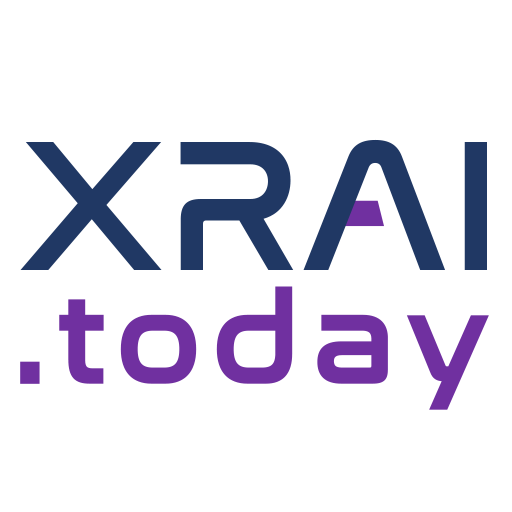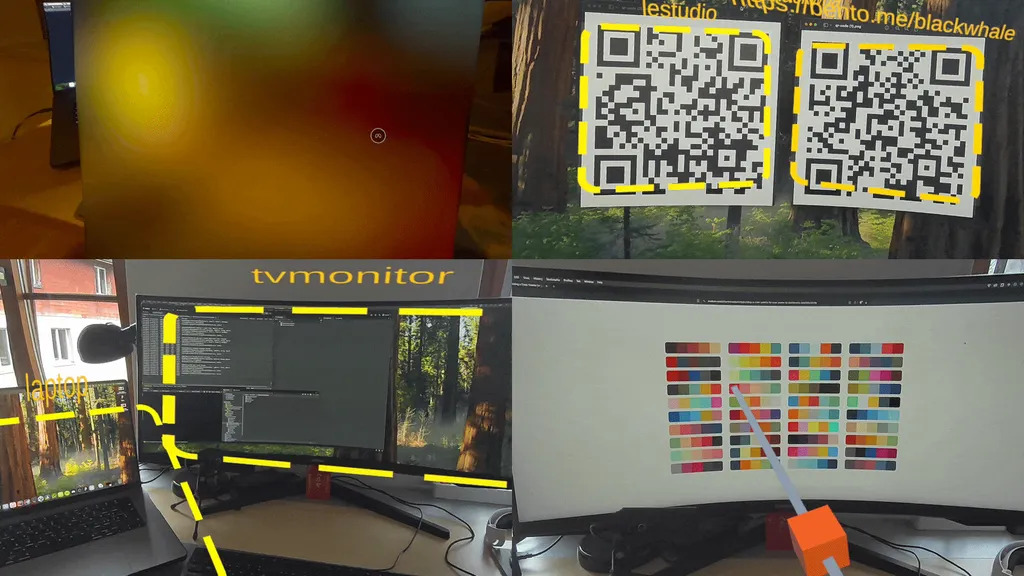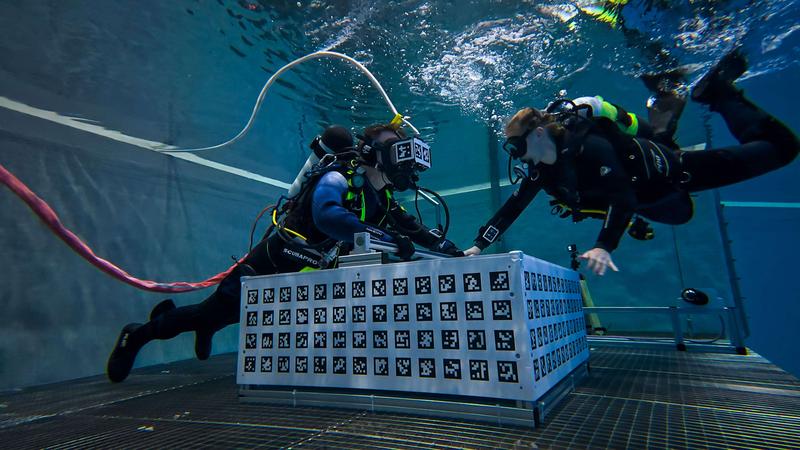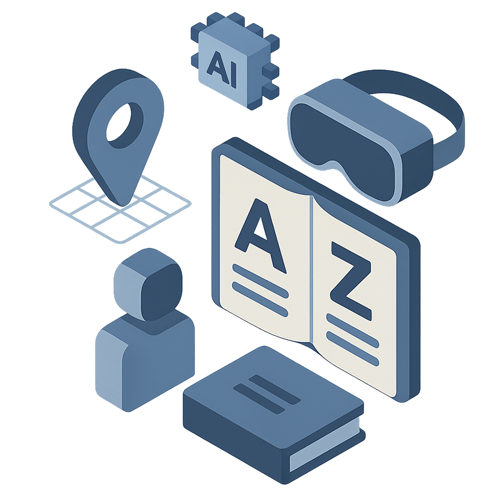Artificial Intelligence has moved beyond theory in higher education. Across Latin America, universities are piloting AI tools — from adaptive learning platforms and automated assessments to research applications designed to process complex datasets faster and more accurately.
The potential is clear: these technologies can reduce dropout rates, personalize learning, and strengthen institutional performance. Yet, the World Bank’s report “Artificial Intelligence Revolution in Higher Education: What You Need to Know” shows that progress across the region remains uneven. The reason is not lack of interest or vision — it is a matter of readiness.
Most universities in Latin America and the Caribbean (LAC) lack the infrastructure and hardware to support large-scale AI deployment. High-speed campus connectivity, secure storage systems, GPU-enabled computing clusters, and modern classroom technologies are essential prerequisites that many institutions do not yet have in place.
What the Report Reveals About Real Implementation
The analysis goes beyond strategy. It examines practical experiences from universities already experimenting with AI-driven solutions in teaching and governance. These pilots confirm two patterns:
- When infrastructure exists, AI improves efficiency and learning outcomes.
- Where connectivity, computing capacity, and device availability are limited, projects stall.
The conclusion is clear: AI in higher education depends on robust technological ecosystems, not isolated software applications.
Where the Opportunity Lies for Solution Providers
As institutions prepare for this shift, the report identifies several priority areas:
- Smart classrooms integrating interactive devices, sensors, and adaptive platforms.
- AI-ready research labs requiring advanced computing for modeling, simulations, and analytics.
- Student monitoring systems powered by predictive analytics and real-time data collection.
- Device access programs to close digital gaps and support equitable adoption.
Interest is also growing in immersive technologies, such as augmented and virtual reality, particularly in health sciences and engineering. For technology and equipment providers, these demands represent more than a sales opportunity — they require integrated solutions combining hardware, connectivity, cybersecurity, and long-term support.
Why Action Cannot Wait
The World Bank underscores persistent challenges: uneven connectivity, digital inequality among students, and limited institutional capacity for managing complex systems. These are not temporary barriers — they are systemic issues that need partnerships to solve. Companies that position themselves as strategic allies rather than transactional vendors will play a pivotal role in shaping the region’s transition to Education 4.0.
Turning Insight Into Engagement
For providers ready to act, understanding these dynamics is the first step. Engaging directly with decision-makers is the next. That is why Worlddidac’s 2025 Delegation to Latin America is structured to connect technology companies with ministries of education, procurement authorities, and institutional leaders in Colombia, Ecuador, Peru, and Chile — markets where investment in digital infrastructure is accelerating.
This is the moment to move beyond observation and be part of the transformation.
Quelle:





